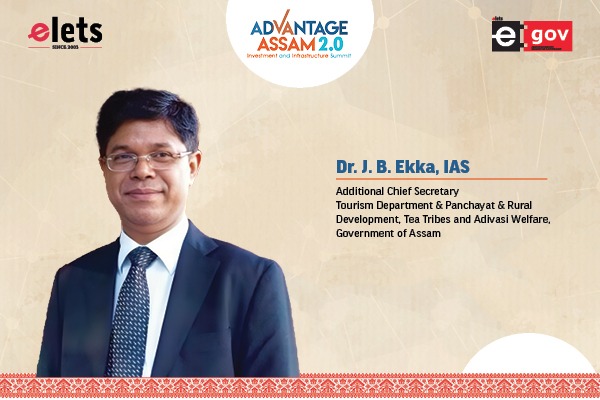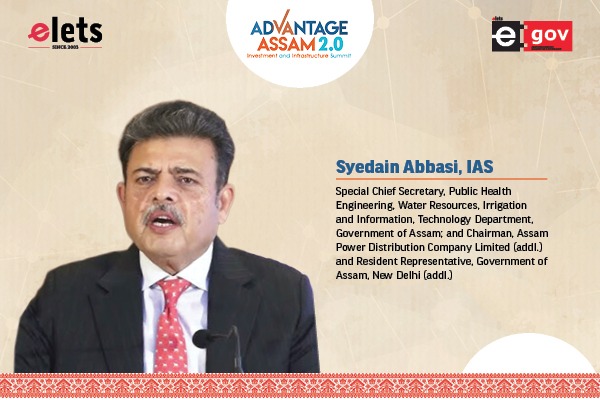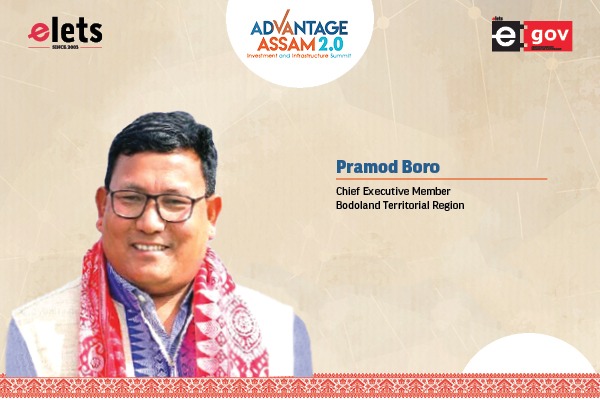The past decade has seen the Malaysian ecotourism industry, experiencing a process of reformation in implementation of best practice. This reflects the commitment by the Malaysian ecotourism industry to achieve the highest standards as well as an evolution of environmental management and performance standards required by regulating government agencies, including protected area managers.
The Ministry of Culture, Arts and Tourism’s Orchid Classification Scheme was formulated to accommodate those hotels, which do not meet the requirements or criteria for any star rating. Besides hotels, the scheme also classifies hostels, beds and breakfasts, inns, boarding houses, rest houses and ecolodges. The Orchid rating is awarded to tourist accommodation premises with basic facilities, which include good, safe and clean accommodation and friendly hospitable atmosphere.

In 1996, the Malaysian National Ecotourism Plan was developed by World Wildlife Fund for Nature (WWF), Malaysia. Diagnostic lists of ecotourism sites were compiled. The factors used to classify ecotourism sites are based on the following:

- Current tourism status
- Accessibility and existing facilities
- Flagship potential
- Type of attractions and activities
- Staff manning the site
- Rehabilitation and recovery needs
- Gross carrying capacity
- Current management agency
ICT in ecotourism
Among the main problems in the current practice in ensuring sustainable development of the ecotourism industry in Malaysia are:

- Lack of effective sustainable management practice of the ecotourism site,
- Lack of enforcement in ensuring the ecosystem is sustained,
- Insufficient environmental cum ecological expertise that incorporates the fundamental of safety and health issues,
- Lack of consistent approaches in implementing a mitigation abatement measure and in satisfying the requirement of national environmental regulatory authorities,
- Large number of small organisation involved in tourism and their related fields make the effort to collect data from them both costly and time-consuming,
- Unreliable and incomplete ecotourism databases.
Thus, there is a need to develop and maintain a certain level of standards based on different levels of categorisation and rating to ensure the sustainability of these ecotourism sites. Accreditation and certification in the form of electronic rating (e-Rating) is one such approach. Using an Internet-based information-sharing platform, guided by the existing legislation on safety, health and environment, the ecotourism sites in Malaysia can be rated. Where no guidelines are available, recommendations based on the knowledge of human experts in this particular field or domain (domain experts), literature and field survey statistics can be incorporated to further enhance the knowledge based rating system. Previous studies like the diagnostic list of ecotourism sites in Malaysia, can be used in enhancing the ecotourism sites rating system.

A knowledge based system is a computer programme that reasons with knowledge of some specialist subject with a view to solving problems or giving advice. It is an intelligent computer programme that uses knowledge and inference procedures to solve problems that are difficult for human to solve.
Evaluation of ecorating site
Three groups of people that can rate ecotourism sites include:
- Visitors to the site,
- Operators or the party that is responsible in running and managing the site,
- Appointed auditors to check and balance the input.
Certifications, ecolabels and ecorating basically serve three purposes, namely:
- Stimulating tourism service providers to introduce improvements in their operations, aimed at greater environmental, economic, and social sustainability;
- Differentiating and distinguish tourism products and services that meet environmental, social, and economic standards beyond the level required by the legislation in force;
- Orienting consumers with regard to the sustainability characteristics of the tourism services available on the market.
Additionally, certifications, ecolabels and ecorating serve to promote and stimulate higher levels of sustainability and quality throughout the tourism sector, aside from enhancing the image of certified companies, with the commercial benefits that such enhancement brings. One such method of ecorating was developed by the Expert System Rating Group (ESRG) (http://esrg.upm.edu.my) in Universiti Putra Malaysia. The project was funded by the Ministry of Science and Technology, Malaysia (MOSTE) under the Intensified Research in Priority Area (IRPA) funding. The main objectives of the ecorating developed are as follows:
- To design, develop, test and implement an expert system to rate the ecotourism components consistently and reliably based on safety, health and environment;
- To create an ecotourism database in an information sharing platform;
- To extract the opinions of the domain expert, existing statistics and literature and field survey of people’s perception in order to produce a set of rules to enable the expert system to be used to make intelligent decision.
For each ecotourism site included in the database, the state and the district where the site is located is recorded. The types of attractions and tourism activities available at the site are put into the database. A list of accommodation available within the district where an ecotourism site is located is also incorporated into the database, complete with the name, type, location, number of rooms available, and address of the accommodation. The ecorating database could be used as a starting point for creating a standardised ecotourism statistics and databases.
The heart of the system is the ecotourism-site rating module. An ecotourism site could be rated into one of the five levels, i.e., from ECO-1 (the lowest) to ECO-5 (the highest). The rating given by the eco-rating by ESRG is very transparent. A prospective visitor can make his own judgement by referring to ratings from the three groups of people. All the parameters and coefficient (weights) incorporated into the system can easily be updated to incorporate new relevant knowledge on ecotourism.

Ecorating scale
ESRG has developed a 5 point cumulative rating scale. The weights for each compliance percentage are reset to zero at every level.
At Level 1, ECO-1 rating is awarded for compliance of more than 75%. Any compliance level that is less than 75% is not entitled to use this rating system and will be rejected by the system by ending the consultation. At Level 2, ECO-2 rating is awarded for compliance of between 25% and 50%. ECO-3 rating is awarded for compliance of more than 50%. At Level 3, ECO-4 rating is awarded for compliance of between 25% and 50%. ECO-5 is the highest rating awarded for compliance of more than 50%.
A successful rating can be accomplished in one of the 3 levels. The user can award the rating from ECO-1 gradually to ECO-2 (Level 1) before terminating the rating. The user can move directly from ECO-1 ECO-3 and then gradually to ECO-4 (Level 2). In the last type, the user can move directly from ECO-1 to ECO-3 to ECO-4 (Level 3).
ECO-5 should be the ultimate goal for ecotourism supporters, whether they are tour operators, the travelling public, or the resource management agencies. This includes no advertising in non-recyclable magazines. Transportation must be environmentally. On-site accommodations and all visitor and staff activities must be benign to the environment. Heating and air-conditioning would be solar and low-impact. Foods and souvenirs would be produced in sustainable ways. All residual products would have to be handled in a benign way. Sewage containment and treatment would be an absolute requirement. Used products would be recycled, soaps and cleaning solutions would be biodegradable, and non-degradation of the environment would be the standard.
This rating system takes into consideration many types of ecotourism categories, facilities and activities available at ecotourism sites in Malaysia. Easily accessibility through Internet, transparency of the rating, accountability of a person who use the system, and the incorporation of knowledge from domain experts and field data are the strength of this rating system. New knowledge and information could easily be incorporated into the system.
Reflections
Eventually, the entire Malaysian ecotourism sites should be recorded in this ecotourism e-Rating. Ensuring that nature-based travel establishes and maintains high standards will be a challenge for all parties. The roles are different for each player, but together they can find the ecologically sensitive and economically viable methods and practices that will ensure survival of the attractions of nature and culture, without harming the resources.
Be a part of Elets Collaborative Initiatives. Join Us for Upcoming Events and explore business opportunities. Like us on Facebook , connect with us on LinkedIn and follow us on Twitter, Instagram.
"Exciting news! Elets technomedia is now on WhatsApp Channels Subscribe today by clicking the link and stay updated with the latest insights!" Click here!













